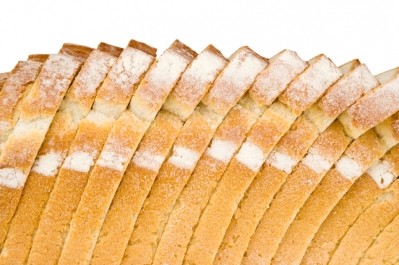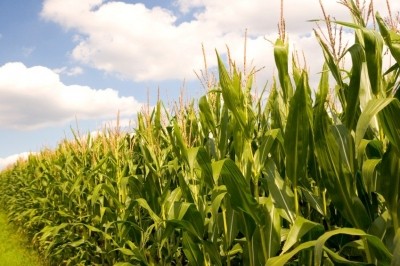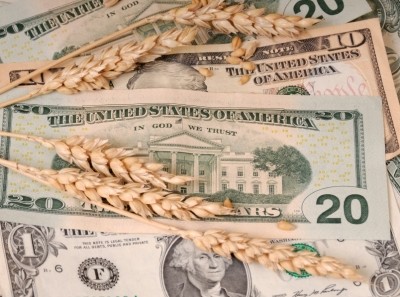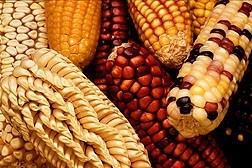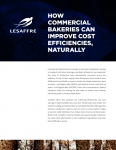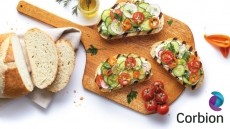Real Bread Campaign mounts anti-GM wheat pledge

Rothamsted Research in Hertfordshire is to begin field testing a GM wheat over the next two years which is modified to repel aphids, plant lice that can destroy wheat.
The Real Bread Campaign fears the GM wheat could be commercialised for food use. It claims that GM wheat presents a risk to non-GM crops and contends that aphids can be controlled naturally.
Today the Campaign, along with GM Freeze and the Bakers, Food and Allied Workers Union submitted an anti-GM wheat pledge to the UK’s Department for Environment Food and Rural Affairs (Defra) signed by over 350 bakers, millers, farmers and consumers.
Risk to non-GM crops
Rothamsted Research developed a genetically modified version of the wheat variety Candenza that produces a chemical compound to ward off aphids.
The Real Bread Campaign's Chris Young told BakeryAndSnacks.com: "We believe that at best aphids will simply end up on the crops of the poor farmers neighbouring those growing this purposefully mutated new strain of wheat.
"Worse could be the contamination of the food of people ethically opposed to GMOs, and the potential negative impact on human health and environment, as we have seen this week in the Portland State University study reporting a particular GM corn's effect on the overall health of soil ecosystems."
Letter to Defra
In a letter to Caroline Spelman MP, Secretary of State for Defra, the Real Bread Campaign et al said: “The existence of viable methods to ensure that aphids do not damage wheat yields means that it is unnecessary to take risks to the environment and health which are inherent in GM technology."
“The presence of GM wheat in fields and the food chain will almost certainly lead to contamination of non-GM wheat and impose unnecessary additional costs on farmers who grow wheat and companies who use it for food or feed. “
The letter warned that manufacturers could suffer income loss and reputational damage should their GMO-free products be contaminated with a GM crop.
”Such contamination could result in costly legal actions by those who have been damaged by the presence of GM wheat as has happened following GM rice contamination in the US,” continued the letter.
It said that it would take extensive long-term trials to determine whether GM wheat was safe and did not taint non-GM crops.
Natural pest control
The Real Bread Campaign says that aphids can be controlled naturally by providing suitable habitats for aphid predetors in nearby fields.
It argues that the money spent on GM wheat research should be withdrawn and should instead go towards developing natural ways to protect crops from aphids.
Signatories to the Real Bread Campaign letter have pledged not to buy GM wheat or use it for their businesses.
